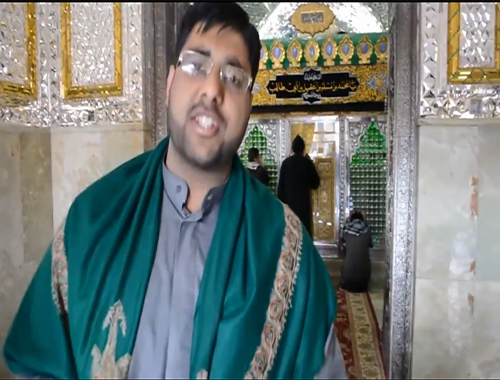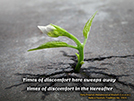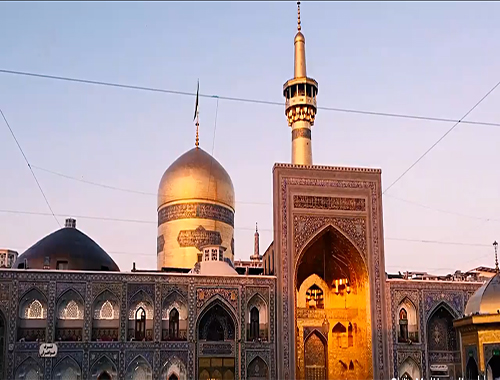Interest and Inequality of Classes in Society
- Details
- Hits: 1946
Interest and Inequality of Classes in Society
Undoubtedly, usury is an unjust and oppressive evil. It is against human nature and human dignity. It increases the riches of the wealthy and drives the impoverished to further depravation.
Understandably, the exploited poor begin to hate the rich. The pent-up hatred then finds an outlet in the form of violence and bloody revolutions.
In the book “Islam and World Peace” it is written, “Islam says that earning should be only in return of efforts and work. because capital itself cannot do any work and make any effort. Hence the wealth of the rich man should not be increased by taking usury.”
Increasing wealth by usury is the easiest form of making money but Islam forbids it. Wealth cannot be accumulated by forcing the helpless poor into further destitution; and usury does just that, causing economic imbalance and trampling upon human rights, equity and justice. Maulana Sayyid Abul ‘Ala Maududi of Pakistan has written a comprehensive and interesting book on usury that describes its evil effects and the arguments are supported by statistics.
The needy person ends up returning not only the amount loaned to him but far in excess of it. The excess can even amount to more than the principal amount if the repayment is delayed. Taking interest imposes an excruciating financial burden on one who is already needy and it is nothing short of blackmail. Needy people should be given loans without interest. This promotes a feeling of friendship, co-operation and charity.











